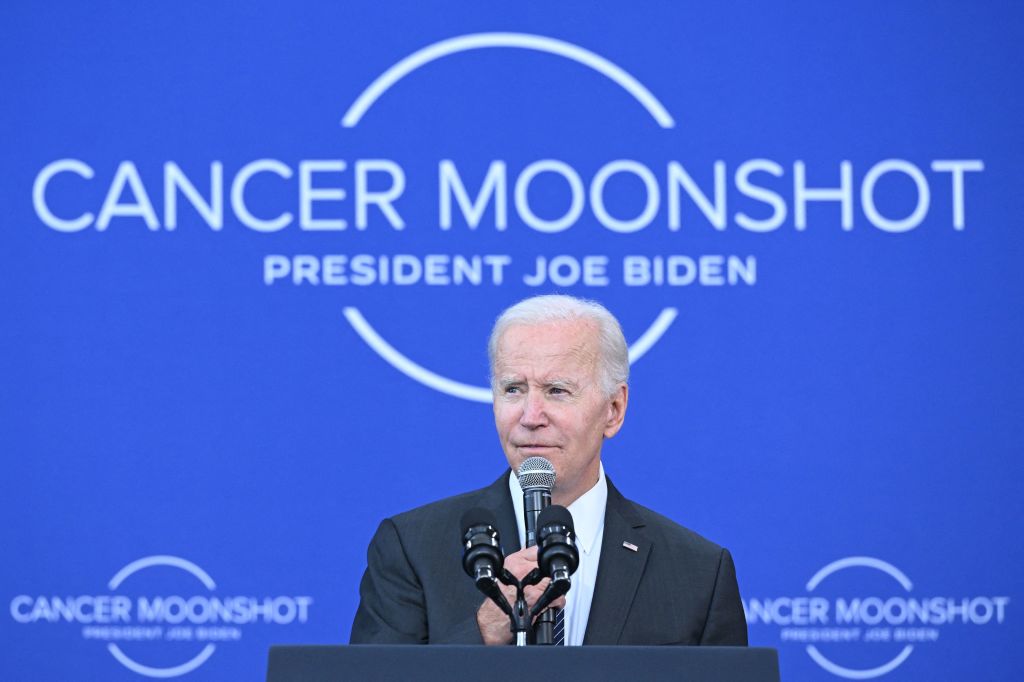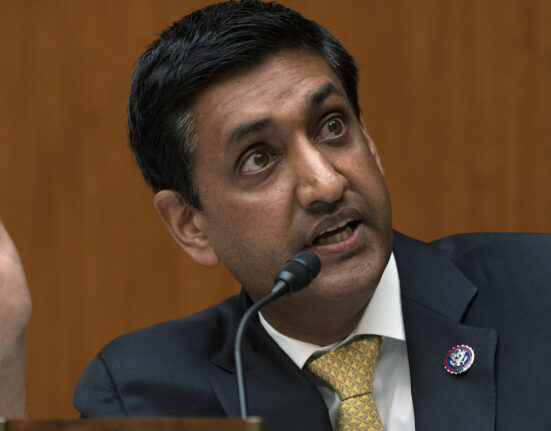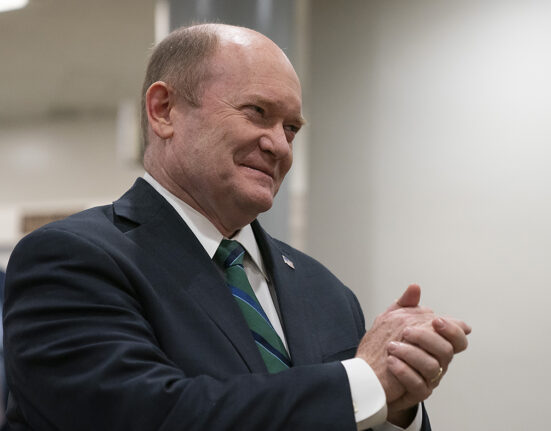For almost a decade, President Biden has championed a bold “cancer moonshot” — an initiative he first launched in 2016, revived early in his administration, and reiterated during this year’s State of the Union.
It is a laudable goal, especially for an aging nation where cancer and chronic disease are on the rise. There’s just one problem: Recent federal and state policies are poised to derail the incredible progress made in oncology since 2016.
By many measures, the “cancer moonshot” is already here. Between 2017 and 2022, the U.S Food and Drug Administration issued 161 new approvals for cancer therapeutics across a range of indications. This includes T-cells tailored to patients’ unique biological makeup.
However, a rash of policies now threatens to limit access and slow progress towards new breakthroughs. While Biden vowed to “end cancer as we know it” with innovative projects like the Advanced Research Projects Agency for Health, he has also doubled down on his commitment to initiatives — such as the Medicare Drug Price Negotiation Program within the Inflation Reduction Act — which would stunt medical innovation at a time when we need just the reverse.
As the U.S. ages, our nation’s health and prosperity depend on accelerating biomedical innovation. The number of older Americans with a chronic condition is set to double by 2050, creating an urgent need for progress against cancer, Alzheimer’s, cardiovascular disease and other conditions. As highlighted in a recent policy brief from the Global Coalition on Aging, the key is to view health innovation as an investment in healthy aging, while avoiding the unintended and self-defeating consequences that can come from even well-intentioned price-setting policy.
Consider the rule within the Inflation Reduction Act which arbitrarily sets incentives for the development of large-molecule biologics, which are often administered in a clinical setting, compared to small molecule drugs, typically taken orally at home. The act makes small molecule drugs eligible for Medicare negotiation four years earlier than biologics, likely chilling investment into the former type of drug discovery, as manufacturers will have fewer years to fully recoup the enormous cost of bringing a drug to market.
Skewing incentives away from investment in small molecule drugs could reduce the number of medicine approvals, post-market studies, indications and treatment options available for patients, with a particular impact on medicines for cancer, brain diseases, HIV and other disorders. Moreover, small molecules play an important role in reducing barriers to health equity because of their lower associated costs and the convenience of taking them at home.
Congress has recognized this with bipartisan legislation that makes both small- and large-molecule drugs eligible for negotiation 13 years after approval by the FDA. It’s a small policy change that will have a significant impact on research and development efforts, especially for age-related conditions like cancer and brain diseases.
It’s also the kind of common-sense, patient-first legislation that will help us win the battle against cancer. If we’re going to achieve the Biden administration’s goal of slashing the cancer death rate by 2047, policymakers need to focus on helping patients rather than setting prices.
While the Cancer Moonshot Initiative and similar programs showcase a commitment to reducing inequities and developing new treatments to end cancer, they simply won’t be feasible without continued investment into new treatments.
Lawmakers must prioritize policies that put patients first and ensure equitable access, especially for those older Americans who often bear the brunt of cancer and age-related illnesses. This bipartisan imperative, as in any other policy area, will shape the future of U.S. health and wealth in an aging world.
Michael Hodin is the CEO of the Global Coalition on Aging. Jim Kirkland is the immediate past president of the American Federation for Aging Research.







